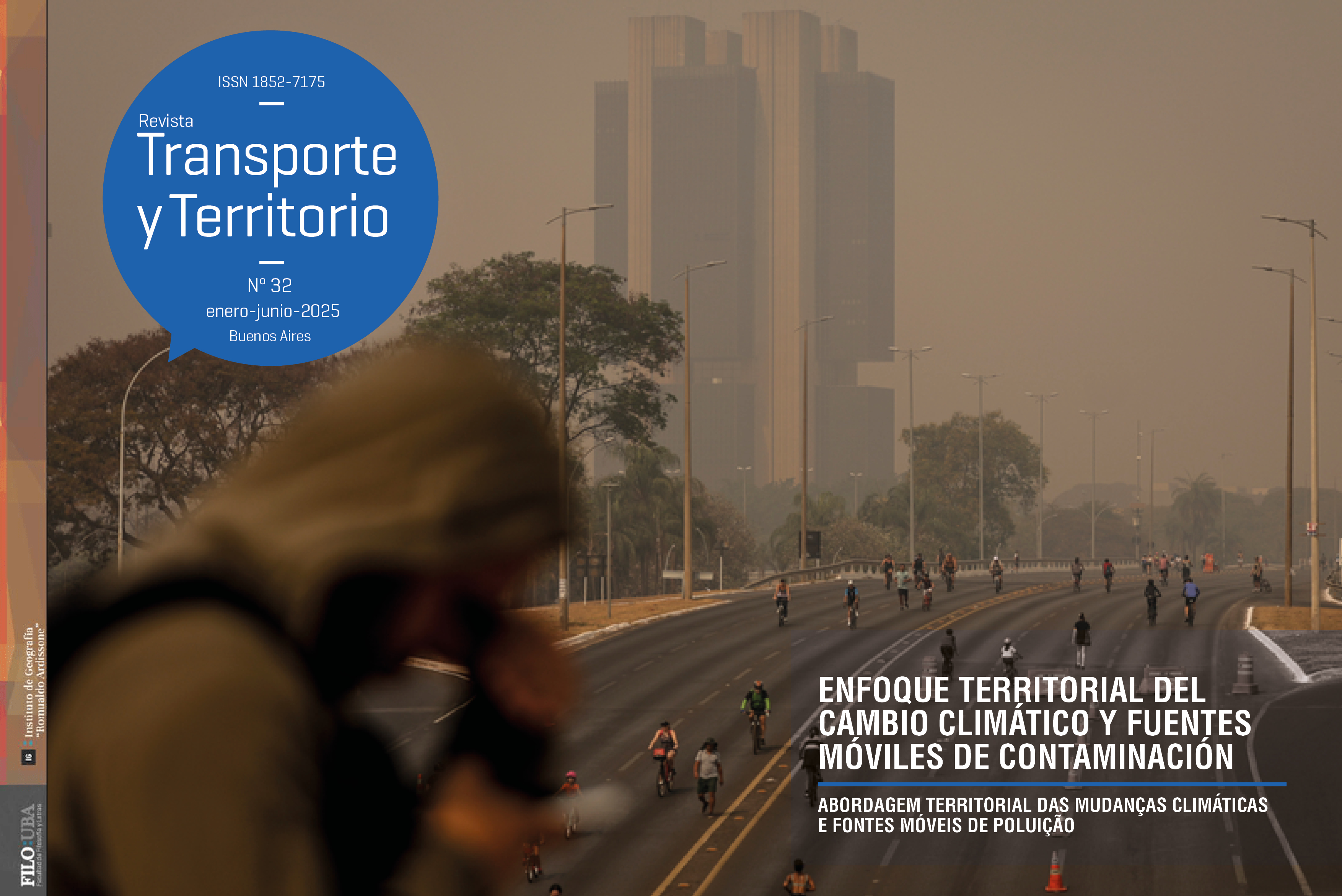Analysis of the Influence of Pavement Type on Vehicular Pollutant Emissions.
Abstract
Air pollution has become a significant environmental challenge in modern times, with a substantial portion of atmospheric emissions originating from the transportation sector, particularly road transport. Numerous factors can influence the emission levels of vehicular gases, ranging from vehicle characteristics and driving behavior to the condition of road infrastructure. This study aims to investigate the impact of road pavement surfaces (concrete and asphalt) on vehicular air pollutant emissions. To conduct this research, Portable Emission Measurement Systems (PEMS) were utilized for collecting vehicle gas emission data. The analysis involved employing the ANOVA test to compare the emission averages of CO2, CO, and NOx. Our findings revealed that average NOx emissions were lower on concrete pavements, but no significant differences were observed in CO2 and CO emissions between both pavement types. Understanding the influence of different pavement surfaces on vehicular gas emissions can contribute to urban planning and the formulation of policies aimed at mitigating air pollution. These findings underscore the importance of considering road infrastructure as a potential factor in managing environmental impacts caused by the transportation sector.Downloads
Copyright (c) 2025 Victor Cardoso Oliveira, Julie Anne Holanda Azevedo, Verônica Teixeira Franco Castelo Branco

This work is licensed under a Creative Commons Attribution 4.0 International License.

1.jpg)

3.png)























